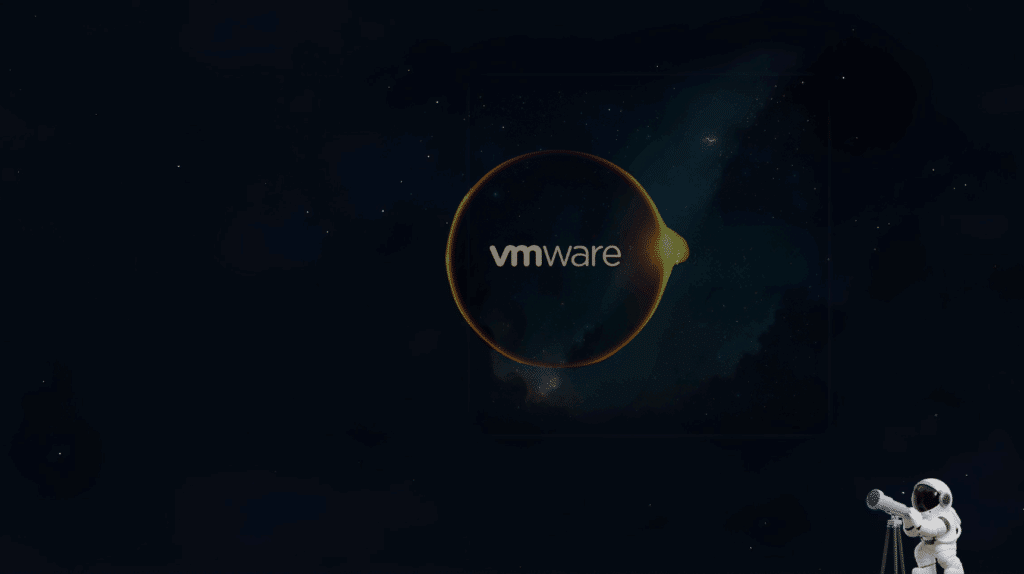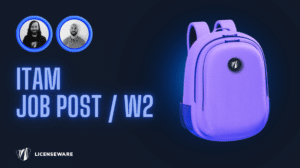European Cloud Providers Drag Broadcom’s VMware Deal into Court

The legal battle over Broadcom’s acquisition of VMware has entered a critical new phase, as the trade body Cloud Infrastructure Services Providers in Europe (CISPE) formally seeks the annulment of the European Commission’s decision to approve the deal.¹ In a detailed legal filing, CISPE has accused the EU’s top regulator of committing “a catalogue of manifest errors of assessment,” arguing that the Commission fundamentally failed to understand the devastating impact the merger would have on the European cloud market.¹ This move escalates the conflict from a simple appeal to a direct challenge of regulatory competence, turning the EU General Court into an arena where the future of Europe’s digital sovereignty may be decided.
The European Commission officially cleared the $69 billion acquisition in July 2023, satisfied by a set of remedies offered by Broadcom that were narrowly focused on ensuring interoperability with specific Fibre Channel Host-Bus Adapter (HBA) hardware.² For the thousands of smaller European cloud providers represented by CISPE, these concessions were a sideshow, failing entirely to address their primary and repeatedly stated concern: the immense power Broadcom would wield through the control of VMware’s software licensing.
A Prophecy Fulfilled
CISPE’s legal action is fueled by the chaotic aftermath of the acquisition, which saw its dire predictions come true with stunning speed and precision. Almost immediately after the deal closed in November 2023, Broadcom initiated a radical overhaul of VMware’s business model:
- It abruptly terminated the sale of all perpetual software licenses, a cornerstone of enterprise IT procurement for decades.³
- It dismantled the extensive VMware partner program, casting aside thousands of smaller cloud providers and resellers who had built their businesses on VMware technology.
- It forced all customers onto a new subscription model, which, according to widespread industry reports, resulted in dramatic and often unpredictable price hikes.
In its court filing, CISPE argues that these outcomes were not just foreseeable; they were the obvious and intended consequences of the merger.¹ The trade body accuses the Commission of failing to properly define the market, overlooking VMware’s dominance in virtualization software, and, most critically, ignoring the “anti-competitive tying and bundling practices” that Broadcom could—and did—employ.¹
The Wrong Remedies for the Wrong Problem
At the heart of CISPE’s case is the assertion that the remedies accepted by the Commission were irrelevant to the real threat. By focusing on niche hardware interoperability for Marvell, a competitor, the Commission allowed Broadcom to retain unchecked control over its primary weapon: software licensing.¹ CISPE argues that this was a “manifest error,” as the Commission should have imposed “behavioral remedies relating to software licensing practices” to prevent the very abuses that are now unfolding.¹
The legal challenge essentially puts the European Commission’s investigative process on trial. CISPE is asking the EU General Court to rule that the regulators either misunderstood the market they were charged with protecting or willfully ignored the clear warnings from industry stakeholders. The filing contends that the Commission’s failure to act has directly led to “significant price increases, unfair software licensing terms, and a refusal to maintain existing security and support for perpetual licenses,” all of which harm European cloud customers and providers.¹
The Annulment Gambit
By seeking an annulment, CISPE is aiming for more than just a slap on the wrist. If the court agrees to annul the Commission’s decision, it would effectively invalidate the original approval. This could force the entire merger case to be re-opened, putting immense pressure on the Commission to conduct a new investigation and, this time, to demand remedies that directly address software licensing fairness and prevent vendor lock-in.
This legal battle has become a flashpoint for Europe’s broader struggle for digital sovereignty. It highlights the fear that without robust and knowledgeable regulatory oversight, a handful of dominant tech firms can consolidate power, eliminate smaller regional competitors, and dictate terms to the entire market. The outcome will have profound implications, not just for Broadcom and the members of CISPE, but for how the EU handles all future Big Tech mergers.
The court’s decision, whenever it arrives, will be a landmark moment. A ruling in favor of CISPE would be a stunning rebuke of the European Commission and could reshape the regulatory landscape. A ruling against them would validate Broadcom’s strategy but confirm the fears of many that the current rules are insufficient to protect a competitive and diverse European cloud ecosystem.
Sources
- The Register, CISPE seeks annulment of EU’s Broadcom-VMware approval (July 24, 2025) https://www.theregister.com/2025/07/24/cispe_seeks_broadcom_vmware_annulment/
- European Commission, Mergers: Commission clears Broadcom’s acquisition of VMware, subject to conditions (July 12, 2023) https://ec.europa.eu/commission/presscorner/detail/en/ip_23_3792
- ZDNET, Broadcom kills perpetual licenses for all VMware software (December 18, 2023) https://www.zdnet.com/article/broadcom-kills-perpetual-licenses-for-all-vmware-software/
- CISPE, CISPE Appeals EU Commission’s Broadcom/VMware Decision (December 15, 2023) https://cispe.cloud/cispe-appeals-eu-commissions-broadcom-vmware-decision/










